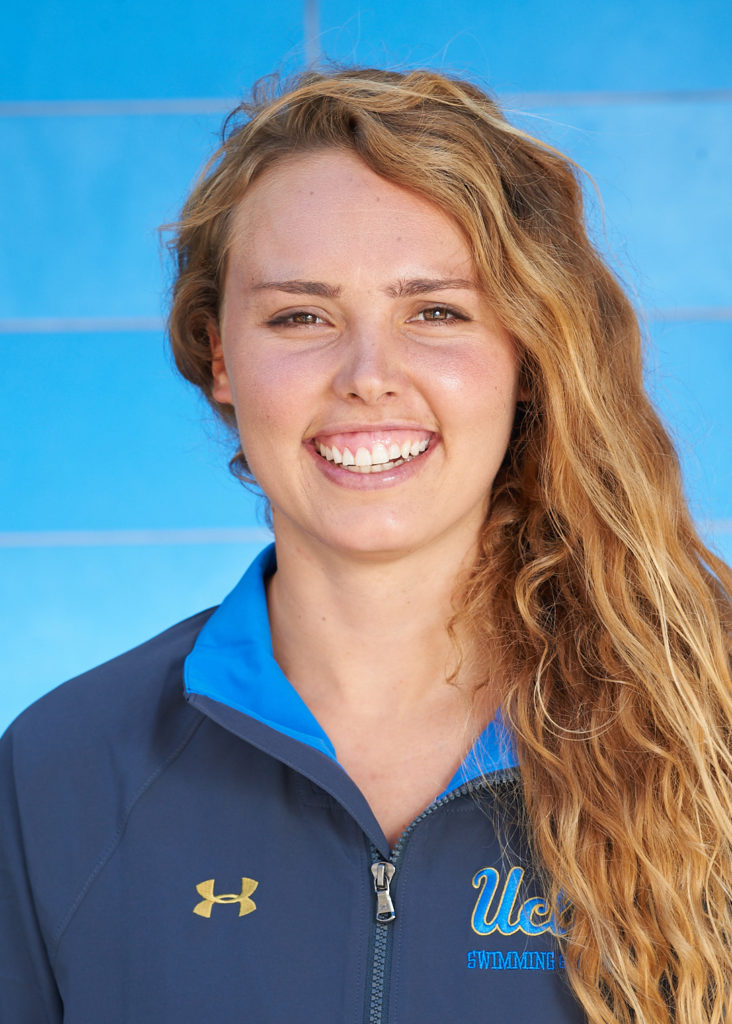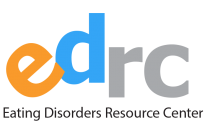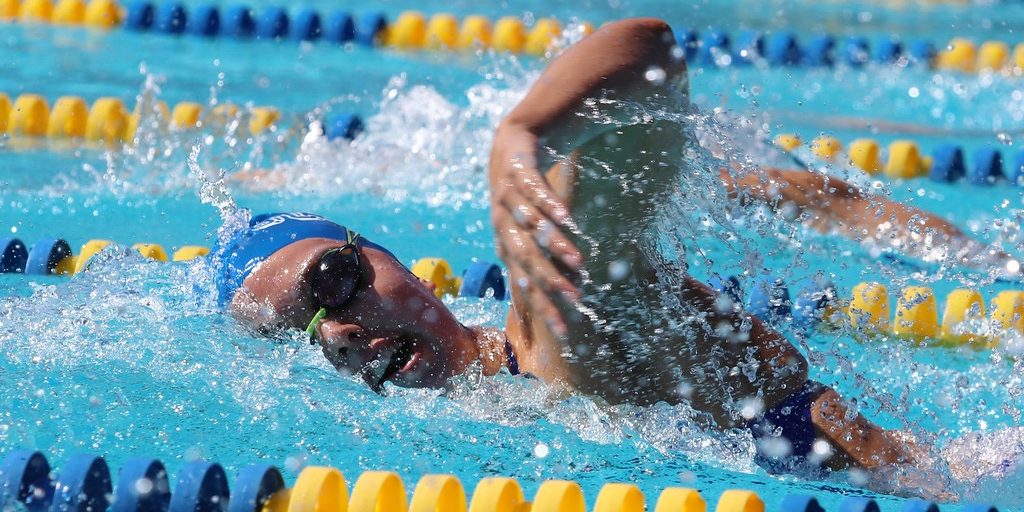By Carly Reid, former UCLA Swimmer and Eating Disorder Advocate.
It isn’t a surprise that athletes have extremely competitive tendencies. We will go the extra mile, hour, or training session to get better. Because of this, athletes who develop eating disorders often go unnoticed as their behaviors resemble a determination to get better at their sport. Rather than words of concern, athletes receive praise for being “healthy” eaters and having discipline in training. An eating disorder thrives off of these comments and interprets them as doing the right thing until the athlete’s performance plummets.
We are exposed to information about how to fuel for optimal performance. Some information, however, could negatively impact someone struggling with an eating disorder. This might be information about what to eat on a rest day and what to eat on a hard training day. A message like “add fewer carbohydrates to your plate on a rest day or your off-season” essentially prescribes a diet depending on how hard we train and generates a fear around certain types of food. We are told what and when to eat after practice and what and when to eat before practice. Rules and suggestions like these could be incredibly damaging for someone with an eating disorder. The mind of an eating disorder aggressively manipulates advice on something as simple as “how to fuel for your sport.”
How can we come together and acknowledge the rigidity in nutritional advice, especially in athletics?

We need to redefine what “healthy” means. Does it mean eating more on a rest day because your brain wants more food? Does it mean having skittles before practice instead of a granola bar? Does it mean having pancakes for dinner instead of a salad? Does it mean educating your coaches and teammates about eating disorders? Does it mean taking a year off of your sport to recover?
As athletes, we need to come together and fight eating disorders by recovering into a person outside of our sport. We must characterize eating disorders as something that can affect an athlete at any size. Recovery is for everyone, no matter where your body ended up or if it didn’t change at all.
Athletes are competitive, but more importantly, we are determined.
How can athletes use their competitive and determined traits to recover?
- If you pushed through a tough practice, got a school record, scored a certain amount of points for your team, you can conquer your fear foods.
- One practice at a time, right? Turn it into one meal and snack at a time. Each time, you will improve and learn new skills.
- Focus on your technique! Recovery technique, that is. How can you make each meal different, and how can you learn new coping mechanisms throughout the day?
- Focus on your team. Connect with others in recovery. Follow accounts that are beneficial to your recovery. Listen to podcasts. Read books.
- Go the extra mile…with recovery. Are you still hungry? Physically, mentally, or emotionally? All hunger counts; listen to what your body wants!
- Stay disciplined. Are you being honest with yourself and those helping you? How can you ask for more help?
- Break a record. How many days can you let your body rest and relax?
Things to remember!
You aren’t alone, but if the “you aren’t alone” messages aren’t doing it for you, then find out why you don’t connect to them. Understand that recovery looks and feels different for everyone and that athletes are just a portion of numerous individuals in recovery. Take yourself outside of the athletic world and focus on how you can recover into a person. It is okay if you recover into a different body than you had in your sport. Instead of focusing only on “strength” and “athleticism,” focus on how awesome life is, how your personality is back, and how present you feel in daily tasks.
Ask yourself, how can I still be an athlete but fuel my body for a bigger reason than performance? How can I inspire others and tell them it’s okay if you choose recovery over being an athlete?
Carly Reid is a former UCLA Swimmer and Eating Disorder Advocate.
If you or someone you know is struggling with an eating disorder, you can learn more about various care options here. EDRC provides support groups and maintains a comprehensive directory of specialized treatment providers in the Bay Area. You can also support EDRC’s mission further by making a tax deductible donation.






